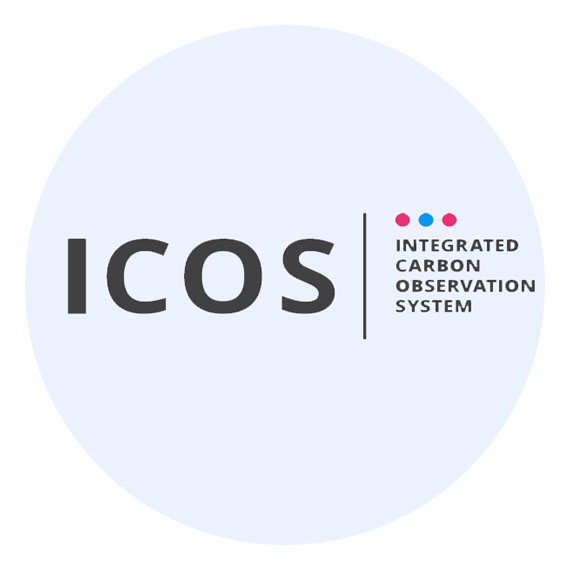Finland has an important role in monitoring emission reductions targets

According to estimations made by different actors, if the climate agreement recently made in Paris is implemented, it will curb most of the increase in greenhouse gas emissions. "However, the implementation of the decisions that were made requires investments in a system that will monitor greenhouse gases and enable the verification of country-specific emissions," says Yrjö Viisanen, Director of Research and Development at the Finnish Meteorological Institute.
In November 2015, the European Commission made a significant decision to set up a European observation system for greenhouse gas emissions (ICOS – Integrated Carbon Observation System). Finland became the host of the ICOS headquarters, i.e. the responsibility for coordinating the system was granted to Finland.
The goal is uniform and accurate observationIn addition to research, the information produced by ICOS will also benefit the monitoring of climate agreements and the related political decision-making. The key objective is long-term uniform, accurate observation of greenhouse gas concentrations, sources and sinks. ICOS consists of national measurement stations, which measure the concentrations of three greenhouse gases – carbon dioxide, methane and laughing gas – and their exchange with the atmosphere. Carbon dioxide emissions due to human activity are the most important single factor contributing to climate change. Research and monitoring are essential as, despite the agreement made in Paris, climate change will continue to progress at least for the next few decades.
ICOS's current significance can therefore be compared with the creation of the worldwide weather observation network that took place after the Second World War. The decentralised network of measurement stations currently comprises about 50 observation stations that observe the atmosphere, ecosystems and sea across Europe. Thanks to the measurement stations operated by Finland and Sweden, the northern areas, which are extremely interesting in terms of climate change, are well represented. However, the density of the network is currently not sufficient for accurate estimation of country-specific emissions. The future goal is to extend the network to other continents, such as Africa, Asia and Siberia.
Satellite observations are extremely important in terms of global coverage, as it is particularly important to monitor, for example, China's and India's emissions. The measurements describing the atmosphere and ecosystems carried out by ICOS on the Earth's surface are in a key role in verifying the quality of information produced by satellites. The University of Helsinki, the Finnish Meteorological Institute and the University of Eastern Finland are central actors in ICOS.
